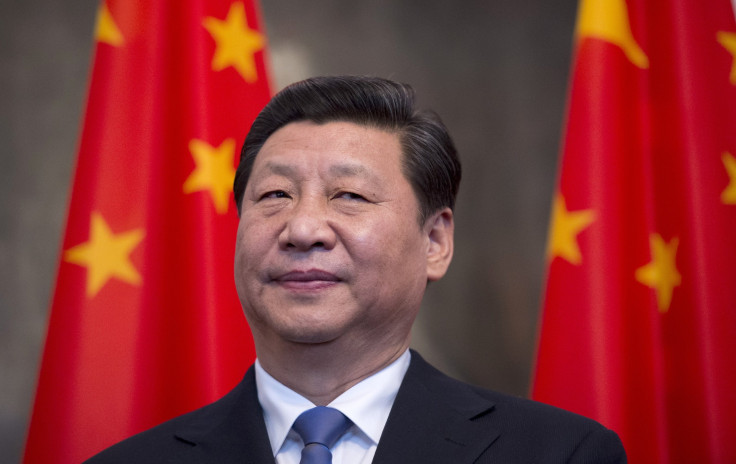Asian Infrastructure Investment Bank Opposed By US, Seen As Attempt To Boost Chinese Influence

A Chinese plan for an Asia-focused, multinational infrastructure development bank has attracted interest from some of its neighbors, and one big opponent: the United States.
The bank, to be known as the Asian Infrastructure Investment Bank (AIID), would receive US$50 billion in capitalization from China, and has attracted the interest of 21 countries in the region, including India, Thailand, Indonesia, South Korea and Singapore, according to Reuters.
The proposed bank's purpose would be to provide financial support for much-needed telecoms, energy and transportation infrastructure projects in the region.
With China looking to use its financial muscle to play a more assertive role on the international stage, officials and diplomats privately regard the bank as a challenge to the regional role of the Asian Development Bank, a Manila-based multilateral lender that is dominated by the U.S. and Japan, according to Bloomberg.
However, U.S. officials have engaged in a quiet but surprisingly vigorous campaign to persuade allies to shun the project, according to the New York Times. A senior Obama administration official quoted by the paper said the Treasury Department had concluded that the new bank would fail to meet environmental standards, procurement requirements and other safeguards.
“How would the new institution add value? How would the Asian Infrastructure Investment Bank be structured so that it doesn’t undercut the standards with a race to the bottom?” asked the official, who spoke on condition of anonymity.
Under the Obama administration, the U.S. has reoriented significant elements of its foreign policy toward the Asia-Pacific region, the so-called “pivot to Asia.” Experts see the AIIB as part of a Chinese attempt to minimize U.S. influence in the region.
"China is trying to work out its own counterbalance strategy," Sun Zhe, the director of the Centre for US-China Relations at Beijing's Tsinghua University, told the South China Morning Post. One Beijing-based Western diplomat who follows China's international relations added: "This is all clearly aimed at the United States."
One way that the bank may add value to China's neighbors is by deepening trade ties and opening access to Chinese money. A senior Indian finance ministry official told the Times Of India that the country was “looking at it [the AIIB proposal] positively,” and that the view was that the country should join it. India will require $1 trillion to fund its infrastructure development over the next five years, and the paper says that Prime Minister Narendra Modi is keen on expanding economic cooperation in the region that includes infrastructure development to improve connectivity and trade.
China is no stranger to using its huge cash reserves to forge international relationships that further its strategic interests. The country has invested hugely in Africa, which has ample natural resources that Beijing needs to ensure its own economy can continue to grow. A report in the Diplomat says that trade between China and Africa rose to $200 billion in 2013 -- more than double U.S.-Africa trade levels, and that foreign direct investment inflows from Beijing have also increased six-fold since 2005, to $2.5 billion in 2012.
© Copyright IBTimes 2024. All rights reserved.






















